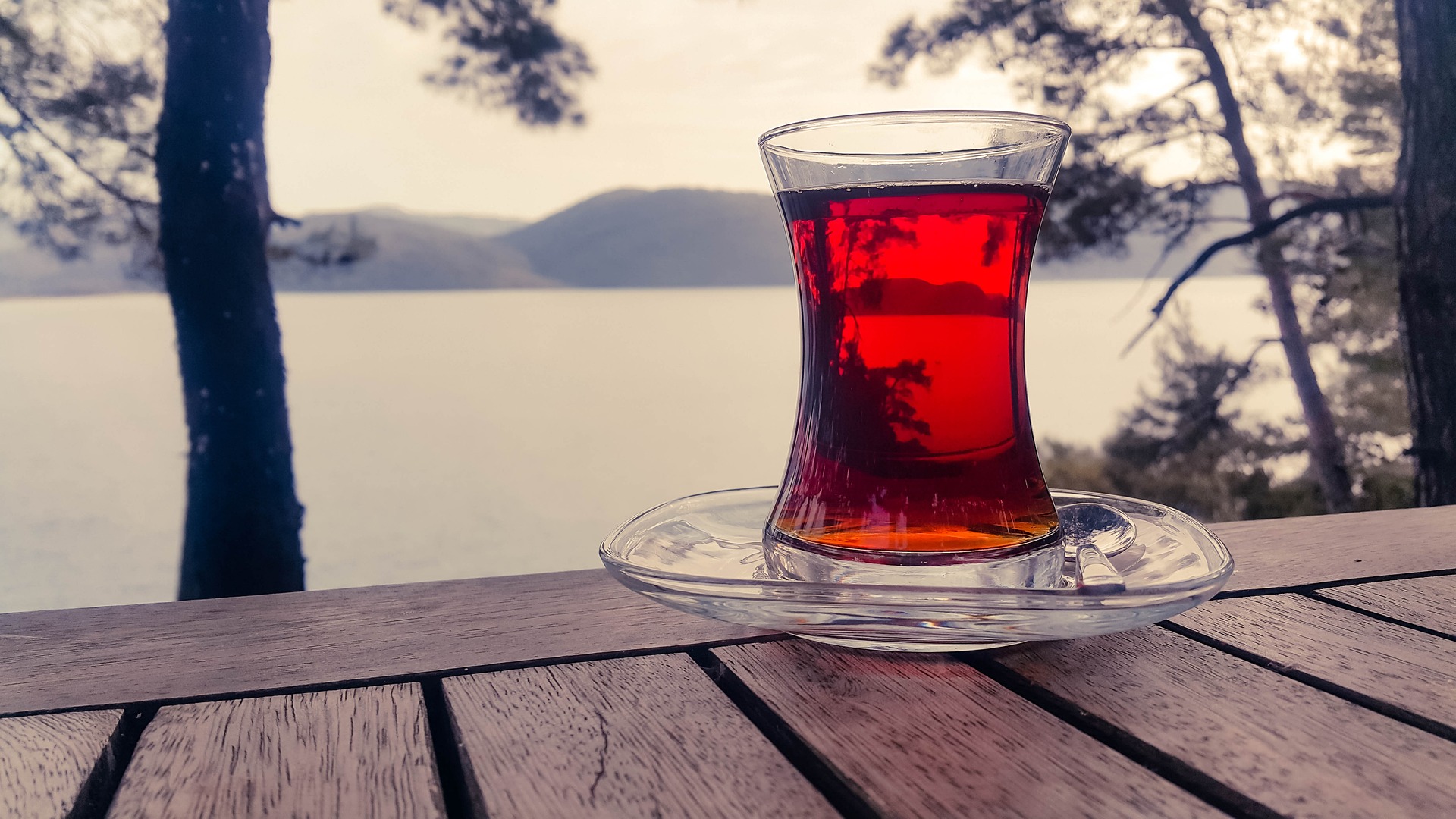Introduction
Beverages have played a significant role in human history, shaping cultures, traditions, and social interactions across the globe. From ancient rituals to modern-day consumption, the evolution of beverages reflects the values and practices of societies. In this article, we will explore the rich history and cultural significance of various beverages, highlighting their impact on communities around the world.
1. The Origins of Alcoholic Beverages
Alcoholic beverages have been consumed for thousands of years, with evidence of fermentation dating back to ancient civilizations:
- Beer: Archaeological findings suggest that beer was brewed as early as 7,000 BCE in Mesopotamia. Ancient Sumerians revered beer, often incorporating it into religious rituals and daily life. Beer was a staple in their diet and was consumed by all social classes.
- Wine: The history of wine dates back to around 6,000 BCE in the region now known as Georgia. Ancient Egyptians celebrated wine as a divine gift, using it in ceremonies and offerings to the gods. Wine production spread throughout the Mediterranean, becoming a symbol of culture and sophistication.
- Distilled Spirits: The distillation process emerged in the Middle Ages, leading to the production of spirits such as whiskey, rum, and vodka. These beverages became integral to social gatherings and celebrations, often associated with hospitality and camaraderie.
2. The Development of Tea and Coffee
Tea and coffee have become two of the most widely consumed beverages globally, each with its own unique history:
- Tea: The origins of tea can be traced back to ancient China, where it was first consumed as early as 2737 BCE. Initially used for medicinal purposes, tea evolved into a cultural symbol, with elaborate tea ceremonies developing in Japan and China. Tea houses became social hubs, fostering community and conversation.
- Coffee: Coffee’s journey began in Ethiopia, where legend has it that a goat herder named Kaldi discovered its energizing effects. By the 15th century, coffee spread to the Middle East and Europe, leading to the establishment of coffeehouses as centers of intellectual exchange and social interaction.
3. Cultural Significance of Beverages
Beverages often hold cultural significance, reflecting the values and traditions of societies:
- Ceremonial Uses: Many cultures incorporate beverages into rituals and ceremonies. For example, in Mexico, the Day of the Dead celebration includes offerings of sugar skulls and traditional beverages like atole and pan de muerto.
- Social Gatherings: Beverages play a central role in social gatherings, from toasting at weddings to sharing tea during family visits. These rituals foster connections and strengthen relationships.
- Culinary Traditions: Beverages are often paired with food, enhancing culinary experiences. Different regions have developed unique beverage pairings, such as wine with cheese in France or chai with snacks in India.
4. The Globalization of Beverages
With globalization, beverages have transcended cultural boundaries, leading to the fusion of flavors and practices:
- Fusion Cuisine: The blending of culinary traditions has given rise to innovative beverages, such as bubble tea, which combines Taiwanese tea culture with Western flavors.
- Craft Beverage Movement: The craft beverage movement has gained momentum, with small producers creating unique beers, wines, and spirits. This trend celebrates local ingredients and traditional methods, fostering a sense of community.
- Health Consciousness: The rise of health-conscious consumers has led to the development of functional beverages, such as kombucha and herbal teas, which reflect a growing awareness of wellness and sustainability.
5. The Future of Beverage Culture
As we move forward, the history and culture of beverages will continue to evolve. The emphasis on sustainability, health, and innovation will shape the future of beverage consumption. Additionally, the blending of global influences will lead to new and exciting drink experiences, fostering connections among diverse communities.
Conclusion
Beverages have a rich history and cultural significance that transcends borders and generations. From ancient rituals to modern-day consumption, the evolution of beverages reflects the values and practices of societies. By exploring the history and culture of beverages, we can gain a deeper appreciation for the connections they foster and the experiences they create.



